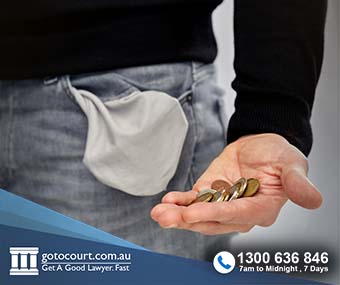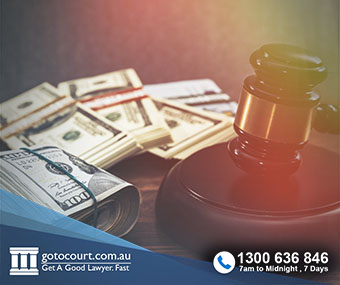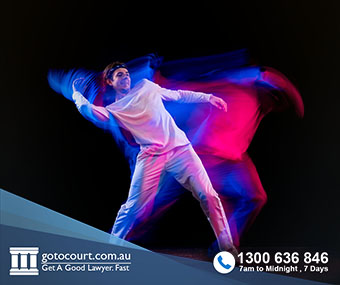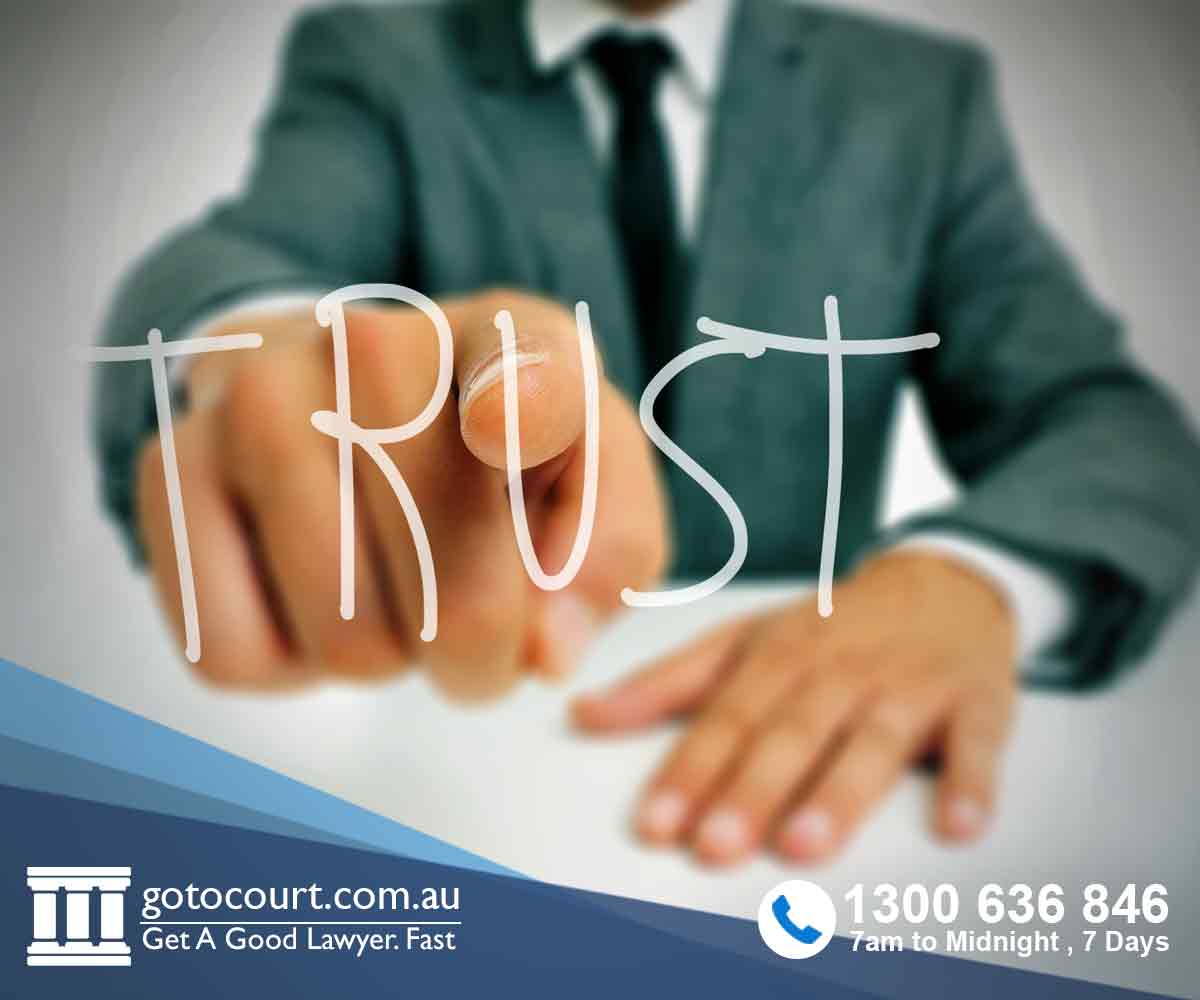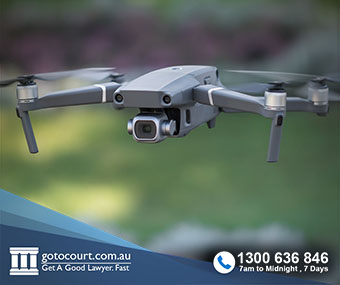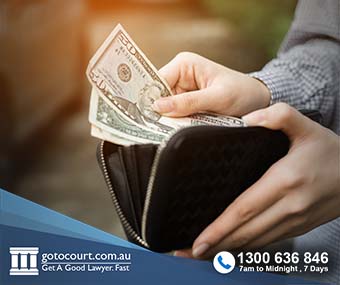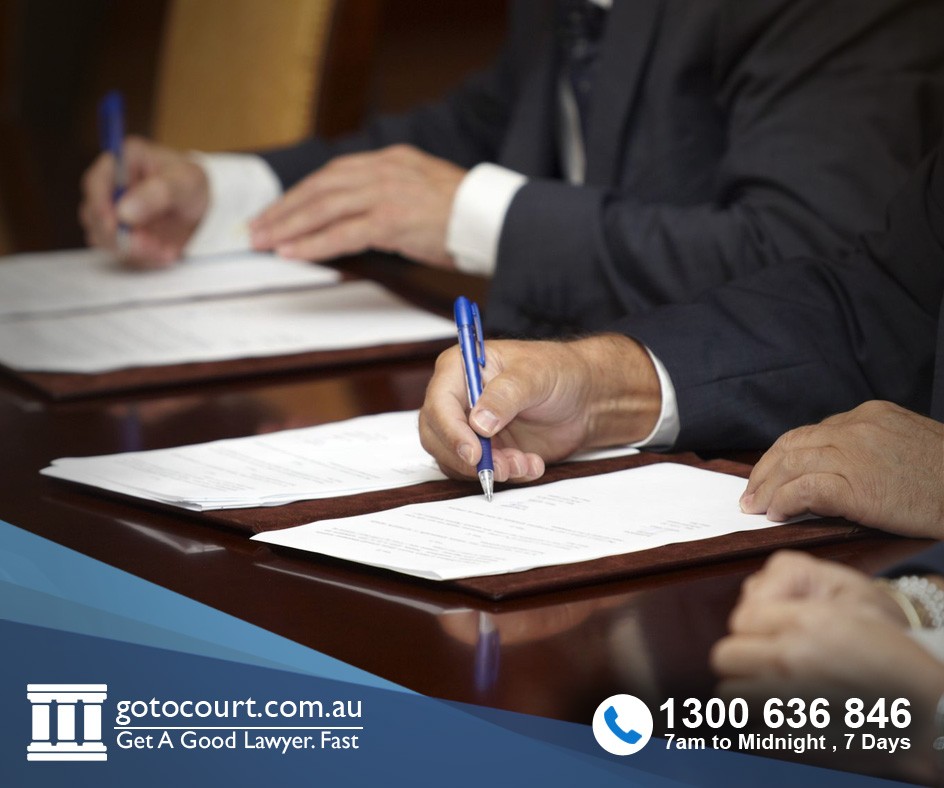Call our lawyers
now
or,
have our lawyers
call you
Copyright in Australia
Updated on Jan 22, 2024 • 5 min read • 495 views • Copy Link
Copyright in Australia
The law with respect to copyright in Australia is contained in the Copyright Act 1968. The Act aims to provide protection to a range of Australian works from unauthorised reproduction. This article outlines copyright law in Australia.
What material is copyright?
The range of subject matter that is protected under the Copyright Act is extremely broad. It includes the following:
- ‘original literary, dramatic, musical and artistic works’ such as books, poems, musical compositions, choreographic shows, paintings, and sculptures (Part 3 of the Act), and
- ‘subject matter other than original works’ as sound recordings, films, television broadcasts, radio broadcasts, and published editions of such works (Part 4 of the Act).
When is a work copyright?
Under section 32 of the Copyright Act, in order for copyright to subsist in a work under Australian law, a number of elements must be satisfied.
Originality
The work must have been created in its entirety by the author. The author must have used a significant degree of skill, labour, and knowledge in expressing the work in material form.
While an author can have been inspired by previous sources and material, the work itself cannot in any way replicate another work. Copyright does not seek to protect the original idea behind a work but the work itself in its material form.
Australian
Unpublished works are copyright under Australian law if the creator was an Australian citizen or resident when the work was first made. If creating the work took a significant amount of time, the author must have been a citizen or resident for a substantial part of the creation period.
Published works are copyright under the Act if:
- the material was published in Australia first;
- the creator was an Australian resident or citizen; or
- if the creator died before first publication of the work, they must have been an Australian citizen or resident immediately prior to their death.
Films, sound recordings and broadcasts
In order for copyright to subsist in a film or sound recording:
- it must have been published – this occurs when the film has been ‘sold, let on hire, or offered or exposed for sale or hire to the public’; and
- the author must have been an Australian citizen or resident; or
- the film must have been made in Australia.
In order for copyright to subsist in a television broadcast it must have been:
- broadcasted from a place in Australia; and
- authorised by licence given under the Broadcasting Services Act 1992 (Cth); or
- made by the Australian Broadcasting Corporation (ABC) or Special Broadcasting Service Corporation (SBS).
In order for copyright to subsist in a published edition of a work it must have been:
- first published in Australia; or
- published by an Australian citizen or resident.
Duration of copyright in Australia
Copyright provides protection over the longest period of all intellectual property law regimes within Australia. Currently, the periods over which relevant material is protected by copyright in Australia are as follows:
- for original works, 70 years from the end of the calendar year in which the author died (section 33 Copyright Act)
- for film and sound recordings, 70 years from the end of the calendar year in which the recordings were initially published (sections 93-94 Copyright Act)
- for television and sound broadcasts, 50 years from the end of the calendar year in which they were first published (section 95 Copyright Act)
- for published editions, 25 years from the end of the calendar year in which they were first published (section 96 Copyright Act).
Remedies for breach of copyright in Australia
If a creator’s work or material is infringed (ie. the material is copied without authority), the creator may commence an action against the alleged infringer.
The main remedies that are available for a copyright infringement are:
- an injunction (to stop the copying)
- damages (monetary compensation)
- an account of profits (if the infringer has obtained any material gain from the infringement).
FAQs
Below are some frequently asked questions, and their answers.
Q: Do I own the copyright to a recording I have made of a band playing a song at a live venue?
A: The short answer is yes. The right in respect of a recording is a separate right to that of the song itself. However, the Copyright Act provides a right to ‘co-ownership’, which means that both you and the performer will have equal rights of ownership with respect to the copyright that subsists in the recording.
That being said, this practice is not recommended. The performer has additional rights with respect to sound and video recordings which provide that a person cannot make a recording of the performer’s live performance without prior permission. If a person makes an unauthorised recording, a performer can commence an infringement action against that person. In addition, the copyright owner of the original song that subsists in the recording can enforce their rights with respect to the unauthorised recording.
Q: Do I need to put © followed by my name and year to establish copyright of my work?
A: No. All that is required is proof of when the work was reduced to material form. Previously, under the Universal Copyright Convention, the notice established by the symbol © was required; however, currently, its use is irrelevant. Further, the use of the copyright symbol is not considered definitive proof of ownership.
If you require legal advice or representation in any legal matter, please contact Go To Court Lawyers.

Affordable Lawyers
Our Go To Court Lawyers will assist you in all areas of law. We specialise in providing legal advice urgently – at the time when you need it most. If you need a lawyer right now, today, we can help you – no matter where you are in Australia.How It Works







1. You speak directly to a lawyer
When you call the Go To Court Legal Hotline, you will be connected directly to a lawyer, every time.


2. Get your legal situation assessed
We determine the best way forward in your legal matter, free of charge. If you want to go ahead and book a face-to-face appointment, we will connect you with a specialist in your local area.


3. We arrange everything as needed
If you want to go ahead and book a fact-to-face appointment, we will connect you with a specialist in your local area no matter where you are and even at very short notice.



